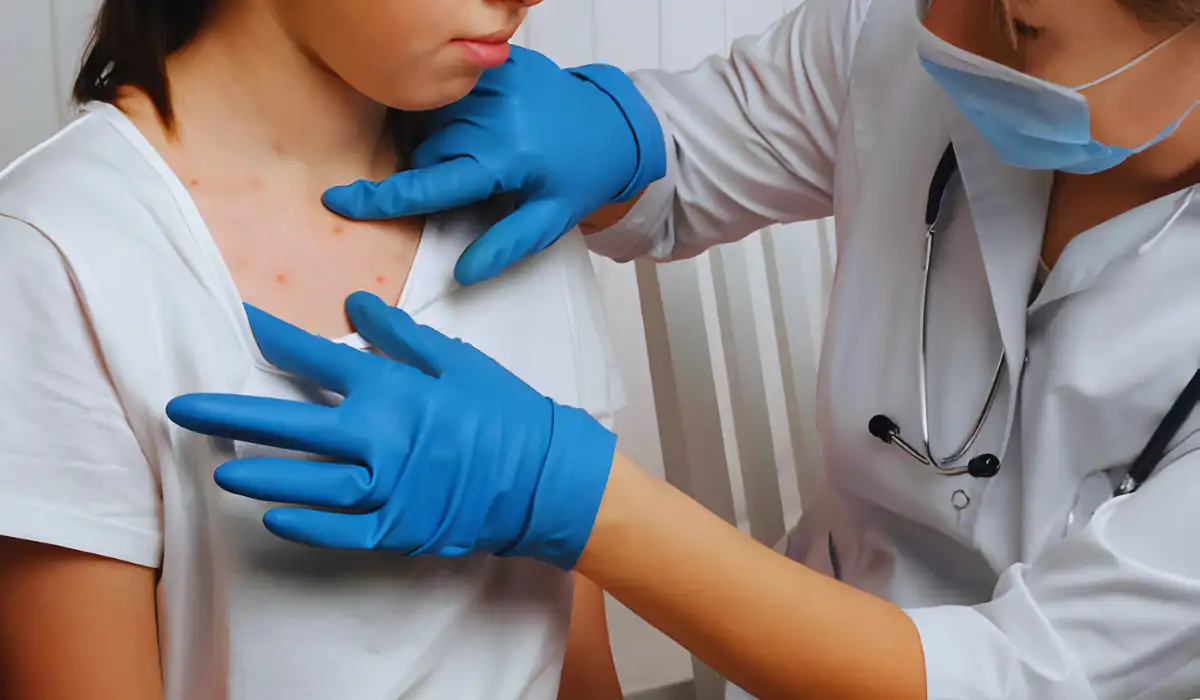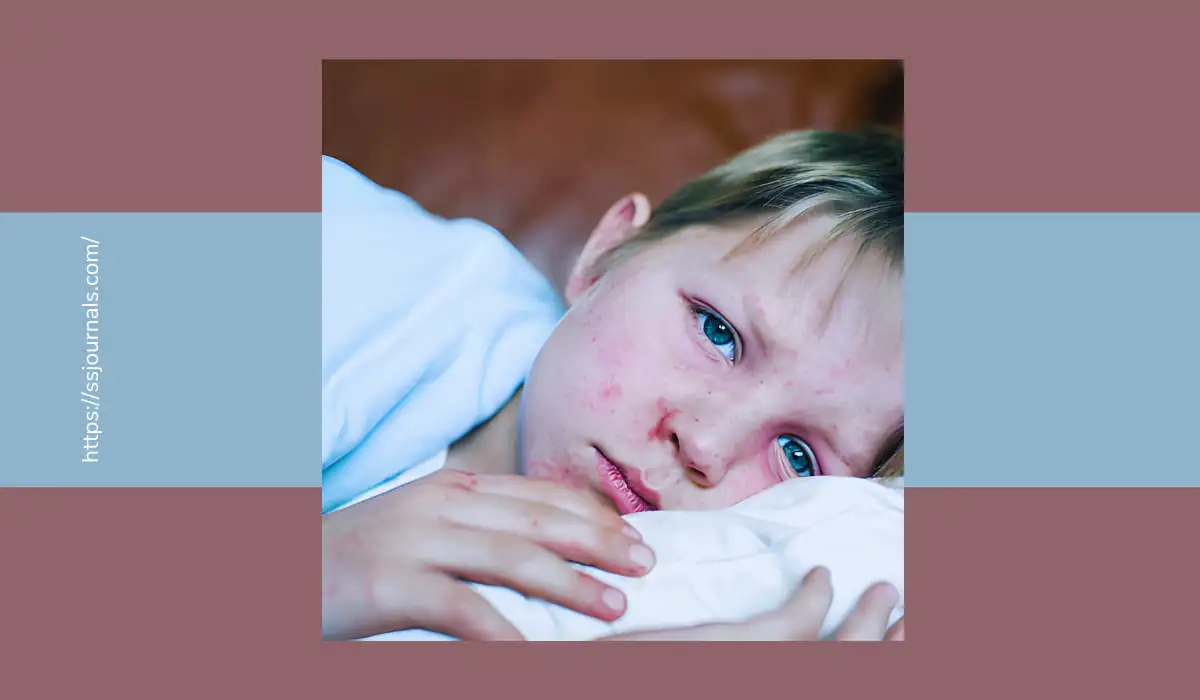In today’s world, where vaccine-preventable illnesses were once thought to be a thing of the past, measles has made an unexpected comeback.
This highly contagious viral disease has been causing outbreaks in various parts of the world, raising alarm bells among health authorities.
Recognizing the signs and symptoms of measles is crucial for early detection and prompt treatment, but what are the 3 signs or symptoms of measles? This question has become increasingly important as we navigate the resurgence of this once-controlled disease.
As we delve into understanding the telltale signs of measles, it’s essential to recognize the broader context of our well-being. Our health is not only influenced by individual factors but also by the choices we make that impact the environment around us.
So, keep reading to find out – What are 3 signs or symptoms of measles? This article will also analyze the connection between our dietary habits and their potential consequences for both our health and the planet we inhabit.
What is Measles?

Before diving into the specific signs and symptoms, it’s crucial to understand what measles is. Measles is a highly contagious viral illness that primarily affects the respiratory system.
It is caused by the measles virus, which spreads through respiratory droplets or direct contact with infected individuals. The measles virus can linger in the air or on surfaces for a short period, making it highly transmissible even without direct person-to-person contact.
What are the 3 signs or symptoms of measles?
The signs and symptoms of measles can vary from person to person, but three distinct manifestations are particularly characteristic of this viral illness.
- Distinctive Rash: One of the most recognizable signs of measles is the appearance of a red, blotchy rash that typically starts on the face and spreads downward to the rest of the body. This rash is often accompanied by a high fever and can last for several days, causing significant discomfort.
- Koplik’s Spots: Before the characteristic rash appears, tiny white spots, known as Koplik’s spots, may develop inside the mouth. These spots are a unique sign of measles and can often be spotted on the inner lining of the cheeks or near the molars, appearing as small, white-grey lesions.
- Respiratory Symptoms: Measles can cause respiratory symptoms such as a dry, hacking cough, runny nose, and red, watery eyes. These symptoms may initially resemble those of a common cold but can quickly escalate as the disease progresses, potentially leading to more severe complications like pneumonia.
Measles Causes
The measles virus is primarily spread through respiratory droplets released when an infected person coughs, sneezes, or even talks. These droplets can remain suspended in the air or settle on surfaces, making it highly contagious.
Individuals who have not been vaccinated or have not had measles previously are at a higher risk of contracting the virus. The virus can also spread through contact with surfaces or objects contaminated with these respiratory droplets.
What is the Best Treatment for Measles?
Unfortunately, there is no specific antiviral treatment for measles. However, supportive care and management of symptoms are crucial. This may include:
- Rest and adequate hydration allow the body to recover
- Over-the-counter medications like acetaminophen or ibuprofen for fever and discomfort relief
- Antibiotics for secondary bacterial infections, if present, such as ear infections or pneumonia
- Hospitalization for severe cases or complications like pneumonia, encephalitis, or dehydration
- In some cases, particularly in malnourished children or individuals with weakened immune systems, measles can lead to severe complications, making prompt medical attention and supportive care essential.
What are 3 Ways to Prevent Measles?
1. Vaccination
- This is the most effective way to prevent measles. The measles-mumps-rubella (MMR) vaccine is typically given in two doses, with the first dose administered at 12-15 months of age and the second dose at 4-6 years old.
- This vaccine has proven to be highly effective in providing immunity against measles and has significantly reduced the prevalence of the disease in countries with robust immunization programs.
2. Herd Immunity
- When a significant portion of a community is vaccinated against measles, it creates “herd immunity,” which makes it difficult for the virus to spread and protects those who cannot be vaccinated due to medical reasons, such as newborns or individuals with compromised immune systems. Maintaining high vaccination rates is crucial for achieving and sustaining herd immunity.
3. Isolation
- If someone contracts measles, they should be isolated for four days after the onset of the rash to prevent further transmission of the virus. This means avoiding public places, schools, workplaces, and other crowded areas until the infectious period has passed.
Conclusion
In this article, we have explored the topic of “What are 3 signs or symptoms of measles?”, by shedding light on the distinctive rash, Koplik’s spots, and respiratory symptoms that characterize this highly contagious viral illness.
By understanding these signs and symptoms, individuals can take prompt action to seek medical attention and prevent further spread of the disease.
As we navigate the complexities of public health and environmental challenges, it’s essential to make informed decisions that prioritize both personal and planetary well-being.
By staying vigilant, seeking timely medical care, and making conscious choices about our lifestyle and dietary habits, we can collectively work towards a healthier and more sustainable tomorrow.
Have you or someone you know experienced measles? What steps did you take to manage the symptoms and prevent further spread?

